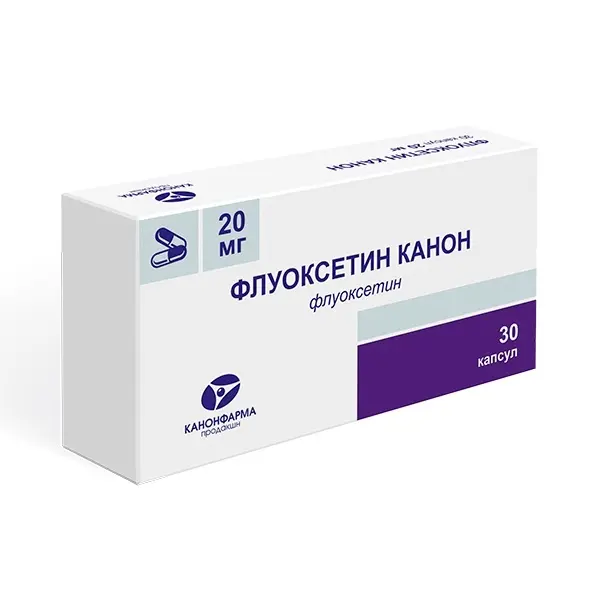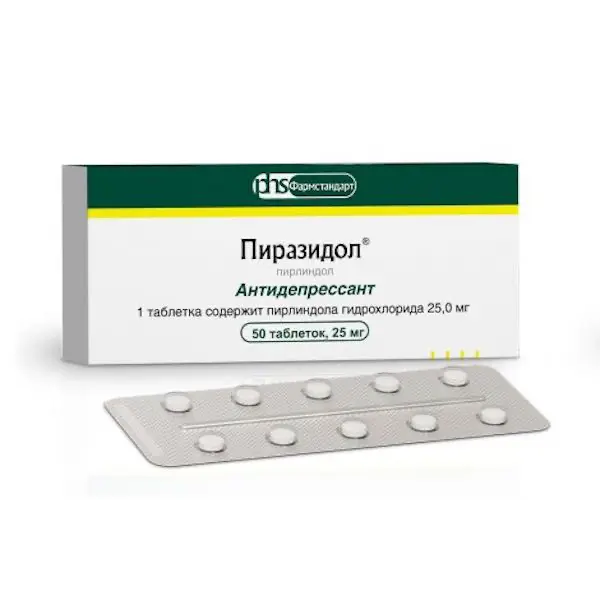Description
Benziel Pharmacodynamics
Combined treatment for Parkinson’s disease and restless legs syndrome.
Parkinson’s disease
Dopamine, which is a neurotransmitter in the brain, is produced in insufficient amounts in the basal ganglia of Parkinsonian patients. Levodopa or L-DOPA (3,4-dihydrophenylalanine) is a metabolic precursor of dopamine.
In contrast to dopamine, levodopa penetrates well through the blood-brain barrier (BBB). After levodopa penetrates the central nervous system (CNS), it is converted to dopamine via aromatic L-amino acid decarboxylase.
After ingestion, levodopa is rapidly decarboxylated to dopamine in both cerebral and extracerebral tissues. As a result, most of the levodopa administered does not reach the basal ganglia, and peripheral dopamine often causes adverse events. Consequently, it is necessary to block extracerebral dscarboxylation of levodopa, which is achieved by simultaneous administration of levodopa and benserazide, an inhibitor of peripheral aromatic L-amino acid decarboxylase.
The drug is a combination of these substances in an optimal ratio of 4:1 and has the same effectiveness as large doses of levodopa.
Restless Leg Syndrome
The exact mechanism of action is unknown, but the dopaminergic system plays an important role in the pathogenesis of restless legs.
Indications
Parkinson’s Disease
Treatment of all forms of Parkinson’s disease, except drug-induced Parkinsonism.
Restless legs syndrome
Benziel® is indicated for the treatment of restless legs syndrome, including:
Idiopathic restless legs syndrome;
Restless legs in patients with chronic renal failure on dialysis.
Contraindications
– Hypersensitivity to levodopa, benserazide or any other component of the drug;
– Decompensated endocrine, hepatic or renal dysfunction (except for patients with restless legs syndrome on dialysis);
– Cardiovascular system diseases in decompensation stage;
– Mental illness with a psychotic component;
– Closed angle glaucoma;
– Benziel® should not be used in combination with non-selective monoamine oxidase inhibitors (MAO) or in combination with MAO-A and MAO-B inhibitors.
– Age under 25 years old.
– Pregnancy and breast-feeding. Benziel® is contraindicated in women of childbearing age who do not use reliable contraceptive methods (see section “Administration during pregnancy and breast-feeding”).
Use during pregnancy and breast-feeding:
Benziel® is absolutely contraindicated in pregnancy and in women of childbearing age who do not use reliable contraceptive methods due to possible skeletal development disorders in the fetus. If pregnancy occurs during treatment, the drug should be discontinued in accordance with the recommendations of the attending physician.
If it is necessary to administer Bensiel® during breast-feeding it is necessary to stop breast-feeding because of absence of reliable data about benserazide penetration into breast milk. Abnormal skeletal development in the newborn cannot be excluded.
Dosage and administration
- Orally, at least 30 min before or 1 h after a meal, tablets may be crushed to facilitate swallowing.
- Parkinson’s disease
- Standard dosing regimen
Treatment should begin with a low dose, gradually increasing the dose for each patient individually until the therapeutic effect is achieved. - Initial therapy
- In the early stage of Parkinson’s disease, it is recommended to start treatment with levodopa/benserazide drugs by taking 62.5 mg (50 mg levodopa + 12.5 mg benserazide) 3-4 times a day. If the initial dosing regimen is tolerated, the dose should be slowly increased depending on the patient’s response.
Optimal effect is usually achieved with a daily dose of 300-800 mg of levodopa + 75-200 mg of benserazide, taken in three or more doses. It may take 4 to 6 weeks to achieve optimal effect. If further increases in the daily dose are necessary, this should be done at 1 month intervals. - Maintenance therapy
The average maintenance dose is 125 mg (100 mg levodopa +- 25 mg benserazide) three to six times daily. The number of doses (at least three) and their distribution during the day should provide an optimal effect. - Restless legs syndrome
Maximal daily dose is 500 mg of Benziel® (400 mg of levodopa + 100 mg of Benserazid).
One hour before bedtime with small amount of food. Before using Benziel® it is necessary to refrain from taking protein-rich food. - Idiopathic “restless legs” syndrome with sleep disturbances
Starting dose of Benziel®: 62.5 mg (50 mg levodopa + 12.5 mg benserazide) to 125 mg (100 mg levodopa + 25 mg benserazide). If the effect is insufficient, the drug dose should be increased to 250 mg (200 mg levodopa + 50 mg benserazide).
Idiopathic restless legs syndrome with sleep and sleep disturbances
Starting dose of Benziel®: 125 mg (100 mg levodopa + 25 mg benserazide). If the effect is insufficient, it is recommended to increase the dose of the drug to 250 mg (200 mg of levodopa + 50 mg of benserazide). - Idiopathic “restless yoga” syndrome with disorders of falling asleep and sleep, as well as disorders during the day
Optional: 125 mg (100 mg levodopa + 25 mg bepserazide), maximum daily dose – 500 mg (400 mg levodopa + 100 mg bepserazide) of Benziel®.
Restless legs syndrome in patients with chronic renal failure receiving dialysis
125 mg Benziel® (100 mg levodopa + 25 mg bepserazide) 30 minutes before starting dialysis. - Dosing in special cases
Parkinson’s disease. - Benziel® may be combined with other anti-Parkinsonian drugs and it may be necessary to reduce the dose of other drugs or to withdraw them gradually as the treatment progresses.
- No dose adjustment is required in patients with mild to moderate renal insufficiency.
Benziel® is well tolerated by patients on hemodialysis.
During long-term treatment, fluctuations may occur – “freezing” episodes, weakening of the effect by the end of the dose period, “on-off” phenomenon. - To eliminate these symptoms or to reduce their severity, a dose adjustment should be made, possibly by prescribing lower doses, but more frequently. Subsequently, the dose may be tried again to increase the therapeutic effect.
- Restless legs syndrome
To avoid an increase in restless legs symptoms (early onset during the day, increased severity and involvement of other body parts), the daily dose should not exceed the recommended maximum benziel® dose of 500 mg (400 mg levodopa + 100 mg bepserazide). - If clinical symptoms increase, the dose of levodopa should be reduced or levodopa should be gradually withdrawn and other therapy should be prescribed.





